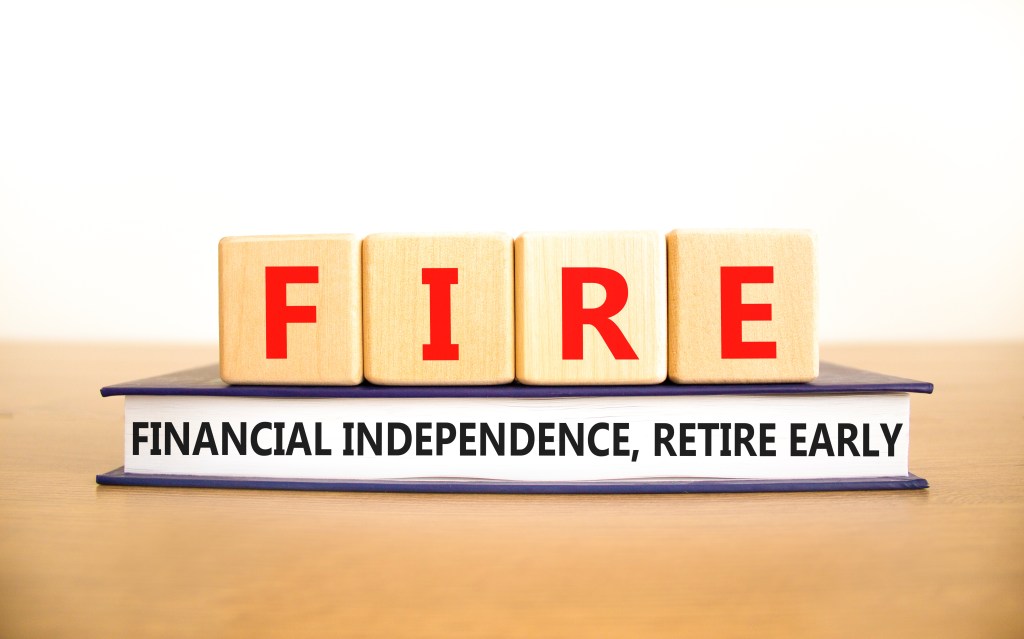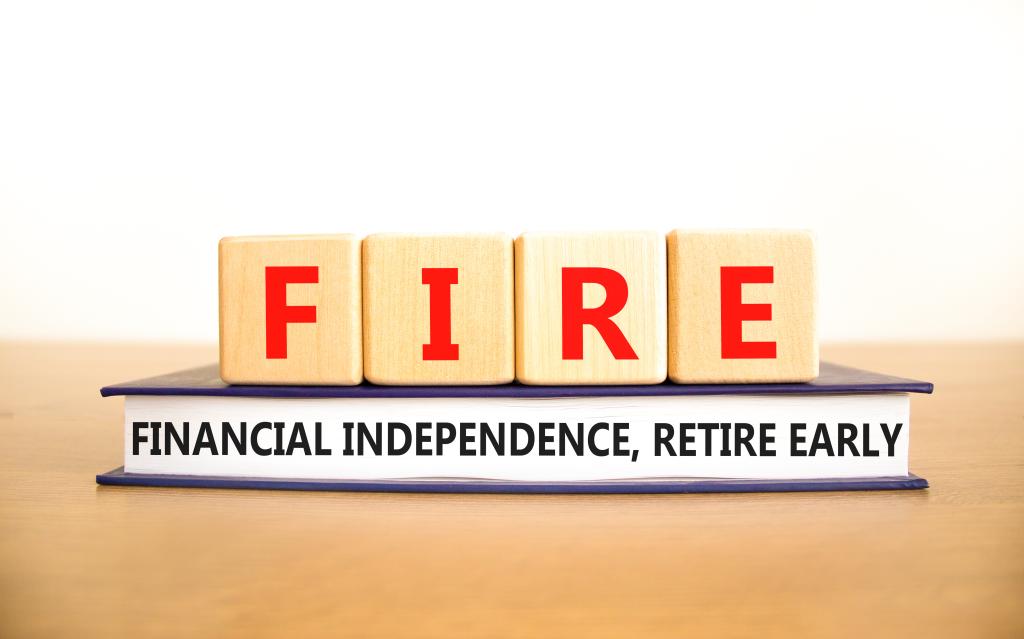Gen Z plans to retire by 40 using the FIRE movement—inside the trend sweeping an entire generation
In a world where avocado toast and side hustles have come to define financial discourse for younger generations, Gen Z is reshaping the conversation entirely.
Instead of working their way up the corporate ladder or banking on a pension that may never materialize, many are turning to a radical new goal: retiring by 40.
The strategy behind this ambition is the FIRE movement, short for “financial independence, retire early.” Popularized on social media platforms, FIRE proselytizes with a simple but strict philosophy: Embrace extreme frugality now to unlock early retirement later.
For a generation that came of age amid a pandemic, record-high student debt, a volatile job market, and an uncertain housing future, FIRE offers something refreshingly hopeful: control.
But as more Gen Zers chase early retirement, one big question lingers: Can they also afford to own a home?
What sparked the FIRE movement?
The FIRE philosophy dates back to the mid-1990s and , the influential book by Vicki Robin and Joe Dominguez. The authors called for a radical rethink of money and time, urging readers to live simply, question consumer culture, and define success on their own terms.
At its heart, FIRE isn’t just about money. It’s equal parts self-help and personal-finance advice, challenging the cultural norm of tying identity to consumption and encouraging intentional, values-driven living instead.
For Gen Z, that message has struck a chord. On platforms like and , #FIRE content often includes budget breakdowns, DIY money hacks, and ultrafrugal meals—like creator Mia McGrath’s famous , which cost just 65 cents per serving.
Can FIRE and homeownership coexist?
For many Gen Zers, homeownership feels increasingly out of reach. Despite having more saved than their elder millennial counterparts, just 18% of Gen Z owns a home—largely due to record-high prices, rising interest rates, and stagnant wages. That creates tension with FIRE’s core tenets: low expenses and high savings.
“One of the main drawbacks to the FIRE movement is that it can be difficult for people to achieve the level of financial management they need to be able to retire early,” says Liz Hunter, commercial director at .
“If you have a mortgage to pay, for example, you need to be able to make sure you can keep up with your repayments while you’re budgeting.”
Start your day with all you need to know
Morning Report delivers the latest news, videos, photos and more.
Thanks for signing up!
Let’s break it down.
FIRE recommends saving 50% to 75% of your income at a minimum. Common wisdom recommends spending no more than 30% of your income on housing.
To afford the monthly mortgage on a median-priced U.S. home of $420,000, while living off half of their income and spending no more than 30% of that on housing, a FIRE homebuyer would need to earn at least $209,000 a year—a salary few 20-somethings command.
Burning down the house: Can Gen Z have both?
So, can Gen Z FIRE followers still buy a home?
“Never say never,” says Emily Zekonis, finance expert (and Gen Zer herself) from . “To do both at the same time is probably out of reach for most people but, for example, if you live in a very low cost-of-living area but are making a large salary, you may be able to fill both buckets at the same time.”
More realistically, most young adults will have to choose between FIRE and homeownership. Or, at the very least, compromise on one to make space for the other. That might mean saving a little less aggressively in favor of buying a home — or opting for a smaller property in a more affordable market.
“Like most things, restriction is great in moderation,” Zekonis adds.
“The discipline you need to save up for buying a home (or pursuing FIRE) is required to get you where you want to be. But it can be easy to get carried away, and there’s a distinction between discipline and deprivation. If home ownership is important to you, it’s certainly OK to prioritize this goal and orient your finances in support of that.”
FIRE offers Gen Z a powerful vision: financial freedom, early retirement, and a life that doesn’t revolve around a nine-to-five. That focus on independence is reshaping the American dream, trading the high-cost mortgage and white picket fence for a more flexible, and often more affordable, rent check.
Still, Gen Z isn’t shying away from hard financial choices. They’re simply rewriting the rules. Whether that means renting forever and retiring early, buying a home and working longer, or finding a middle ground, one thing’s clear: This generation is more intentional than ever about how they spend, save, and plan for the future.









